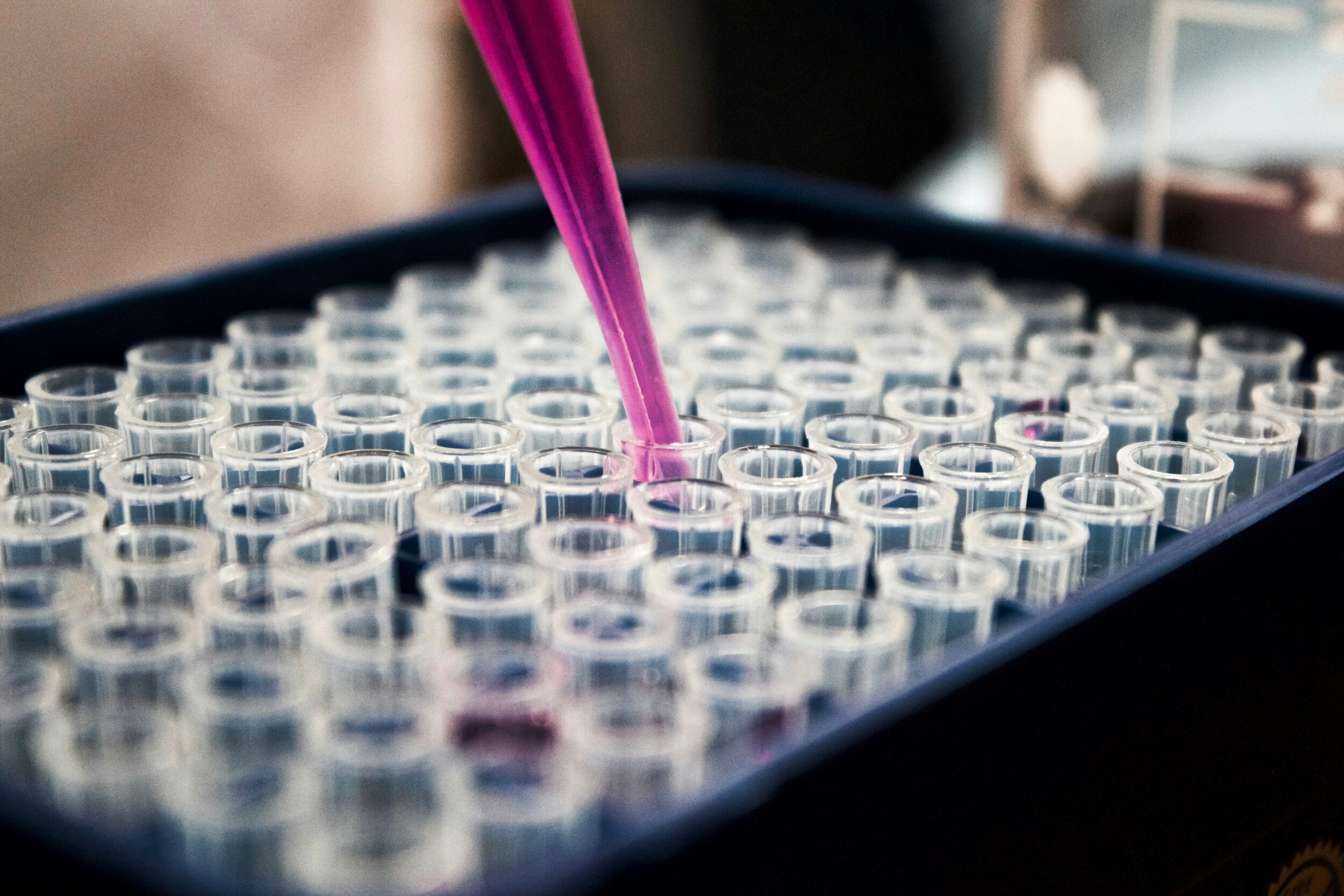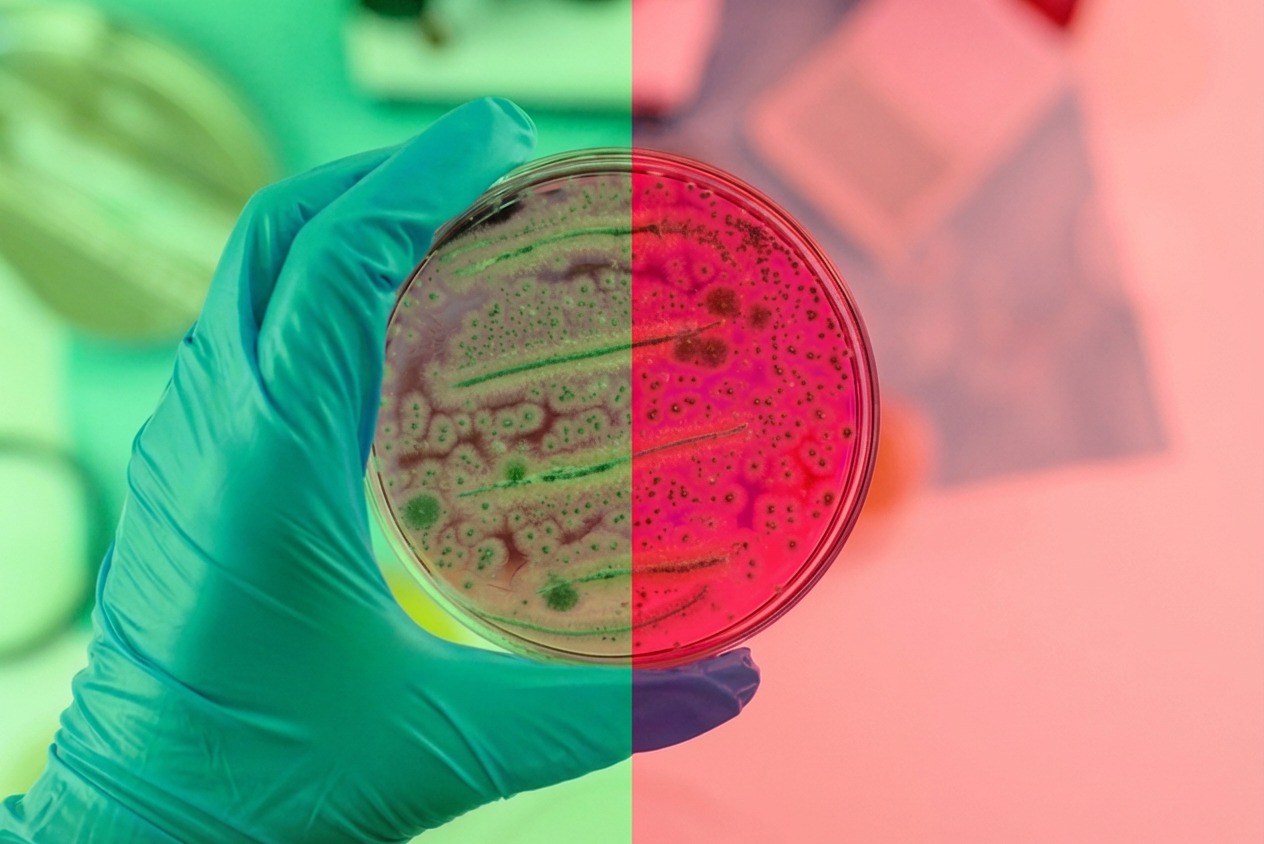From The President: Let's Make Science Great Again
Science Victoria Edition

This month’s theme is identifying and preventing problems that threaten our planet. And without science, we have very little hope of doing so. In fact, what we have to do is…
Make Science Great Again!

ROB GELL AM
President, The Royal Society of Victoria
Social media is pervasive, and can be used as much for good as for bad. I find it an exceptionally valuable tool for reading and listening to world leaders in all fields. But my best advice is: it’s not a matter of what to believe but who to believe.
In considering the theme of this issue of Science Victoria: the problems that threaten our planet, how to identify them and how to prevent them, the task is overwhelming, but it inevitably falls to science to fill the desperate need for evidence-based decision-making.
The following comment by Johan Rockström, the Director of the Potsdam Institute for Climate Impact Research (PIK) was brought to my attention by his Institute colleague Stefan Rahmstorf, Professor of the Physics of the Oceans. They are both world-leading scientists that I follow on LinkedIn:
As the world confronts compounding risks, from climate change to ecological degradation and rising geopolitical tensions, science remains a foundation for informed decision-making. Not as the only voice, but as a vital compass, offering evidence, scenarios, and guardrails for navigating uncertainty. Excellent perspective by Jean Oelwang on the essential role of science in times of crisis.
As scientists, our responsibility is not only to produce knowledge, but to engage, objectively, transparently, and with humility, in the public discourse. Science alone cannot deliver it. But without science, we risk losing our way.
Jean Olewang’s commentary entitled Why we need scientists, now more than ever, published in Ethical Corporation Magazine of Thomson Reuters, is indeed worth reading. Olewang reminds us that six of the nine Planetary Boundaries identified as the preconditions for human development have been breached. As a science society we need to uphold scientific integrity and pursue and promote knowledge-based solutions. As Jean Olewang says:
If we want to leave a flourishing future for generations to come, science should consistently be nurtured, celebrated and invested in, not dismissed, undermined and attacked,
… and importantly that:
Now is the moment for all of us to speak out.
At the planetary level we face an accepted existential crises, anthropogenic global warming and it’s immediate impacts, pollution, waste and the collapse of nature (three of the RSV’s four strategic pillars). There are many other insidious concerns we must consider.
Under the pollution and waste category, legendary campaigner Jonathon Porritt has drawn attention to the impacts of industrial food production. Ultra-processed food is now linked to 18,000 deaths annually in the United Kingdom. Tim Jackson says that those unhealthy diets are costing the UK £268 billion annually in care costs. Porritt’s point is that this annual cost is more than the country spends on its national health system.

The United Nations Food and Agriculture Organisation puts the global figure of the hidden cost of unhealthy diets caused by the global agri-food system at $8 trillion.
Sperm counts have halved in the past 40 years and this decline is accelerating likely due to environmental toxins like pesticides, heavy metals and other pollutants, many linked to food production.
Another leader I follow on LinkedIn is John Elkington. John is the originator of the ‘Triple Bottom Line’ (TBL) for those who can remember. In his 1998 book Cannibals with Forks, Elkington argued that social justice, economic prosperity and environmental quality will be the yardsticks against which corporate performance will be measured in the future. In 2018, he carried out ‘a management concept recall’ on TBL after 25 years.
Elkington continues his work and refers to our current situation as “a sustainability recession” and has convened a global consultation on the problem to inform progress on the 2030 United Nations Sustainable Development Goals. Please contribute to the survey here.

Unfortunately ‘the problems that threaten our planet in the future’ threaten us now, and we’ve known about them for decades. Doing something about them is proving to be very difficult in the face of vested commercial and political interests in Australia and internationally. An aspiring leader of the National party in Australia is an advocate for more coal power plants. There is no science that suggests that this is good policy.
In the short term we can all work toward better outcomes by supporting campaigns to #MakeScienceGreatAgain. Please contact me at president@rsv.org.au if you have ideas you’d like to present to the RSV to build our capacity in the promotion and advancement of science.
Sources and References:
[1] Oelwang, J.(2025) Why we need scientists now, more than ever. Ethical Corporation Magazine, Reuters.
[2] Stockholm Resilience Centre (2023) Planetary Boundaries. Stockholm University
[3] Porritt, J. Food, Farming and Fertility: Chemical Connections, Jonathon Porritt blog
[4] Yingyong Zhao, et al. (2024).Ultra-Processed Food Consumption and Mortality: Three Cohort Studies in the United States and United Kingdom, American Journal of Preventive Medicine, 66 (2): 315-323. doi.org/10.1016/j.amepre.2023.09.005
[5] Food and Agriculture Organisation of the United Nations. (2024) Unhealthy dietary patterns drive $8 trillion in annual hidden costs of global agrifood systems. FAO, Rome, Italy
[6] Levine, H. et al. (2023). Temporal trends in sperm count: a systematic review and meta-regression analysis of samples collected globally in the 20th and 21st centuries. Human Reproduction Update29 (2): 157-176. doi.org/10.1093/humupd/dmac035
[7] Banner image from MadScientist.hu
Discover how you can join the society
Join The Royal Society of Victoria. From expert panels to unique events, we're your go-to for scientific engagement. Let's create something amazing.















